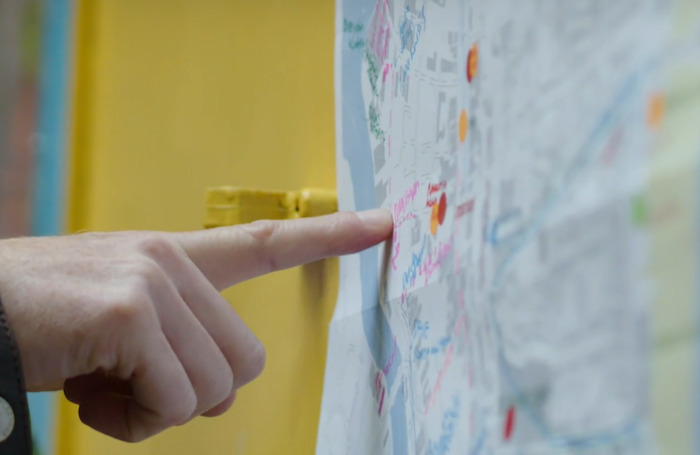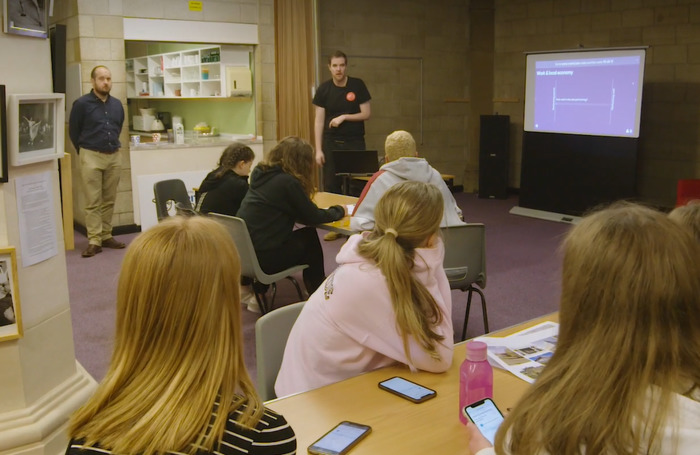COVID-19 has demonstrated the importance of ‘place’ to the quality of life of residents, the well-being of communities, and economic prosperity. Good places are focal points for local community life and can help promote civic pride, healthy lifestyles and sustainable economic growth. Poor places, on the other hand, can have a detrimental impact on health, community cohesion and economic performance.
One of the main challenges for the post-COVID reset will be to transform poorly performing environments and to provide clear forward stewardship for places that are well-functioning. Drawing on insights from the Future Place programme, this blog post explores how to manage places to support economic recovery and nurture the long-term resilience of local communities.
Engage communities…
While place does have a very strong physical element – with buildings, spaces, infrastructure and facilities playing an essential role – how they are planned, managed and maintained is just as important. Developing a shared ambition and using effective ways of engaging with the local community to instil ownership is essential to delivering success.
Strong leadership and clear approaches to governance and decision-making must underpin everything. The first round of Future Place-supported projects demonstrated this clearly. The projects were architect-led and concerned with providing the link between a place and the changing needs of diverse communities.
These projects involved a range of professionals with different backgrounds and technical skills. Yet, they demonstrated how change can be managed to reflect the needs of communities that are harder to engage as well as reflecting the unique qualities of the five towns and cities involved.

…but look to find the right balance
One lesson that I took from those projects related to the importance of finding a balance between engagement, community and professional input. Too often the placeshaping process is skewed towards one extreme. Either a professional-dominated process with engagement taking place after an output has been decided upon. Or consultation and engagement with little to no input from good practice, lessons from the past or understanding of constraints.
Where the balance needs to be drawn will vary from place to place, but it does need an affirmative decision. This will be determined by the purpose of the project and the outcomes required and should include a clear idea of who the beneficiaries are and what their needs will be. Thinking about these factors requires resources, which might be a deterrent. But it will help achieve the right balance at the outset.
Show leadership
This brings me onto leadership and decision-making. While it is a complex process, placeshaping doesn’t need to involve conventional ‘leaders’ or bureaucratic processes. However, a guiding vision and overall ambition – as well as an understanding of how these can be delivered – must be agreed from the outset.
The failure to agree a direction of travel early on is often the quickest route to poor project outcomes; as visions fray, things tend to go off track or become difficult to evaluate. Leadership is about having the right measures in place from the start to ensure successful outcomes are achieved.

Act locally
The projects delivered through the Future Place programme demonstrate these lessons clearly. Mastering them will be critical as we recover from the COVID-19 epidemic and begin resolving the underlying economic and social inequalities apparent in our communities. Those issues can only be resolved if we start with a local focus with flexibility to allow for local solutions – with communities owning the actions and understanding potential benefits.
The projects and approaches promoted by the Future Place Programme will be ideal in both helping our partners to engage with their communities and plan at a granular level.
About the author
Simon Bandy is Strategy Director with Local Partnerships – a joint venture between the Local Government Association, HM Treasury, and the Welsh Government which helps public sector organisations meet rising demands for services with shrinking budgets. They are Partners of the Future Place programme, which advances and implements transformational thinking on strategic policy issues facing local authorities including: housing, health, economic regeneration, climate change and social justice.
Further information
- RIBA Recovery Roadmap Podcast – Clients and communities









